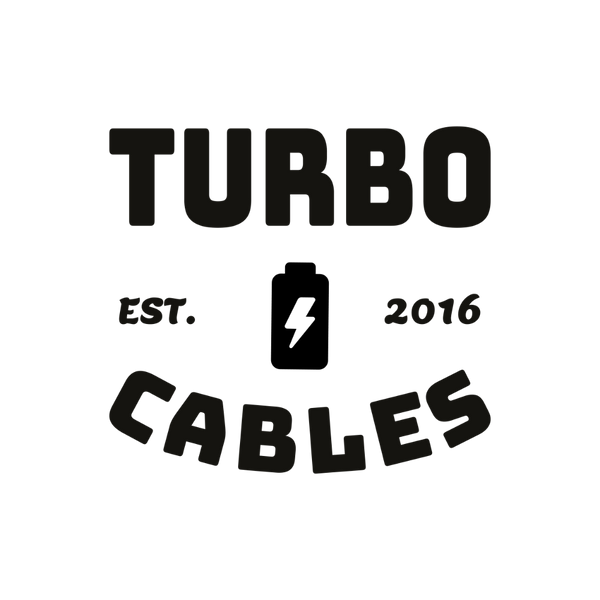
Why Are Wireless Chargers So Slow?
Wireless chargers has revolutionized the way we power our devices, offering a cable-free experience that many users love. However, one common complaint is that wireless chargers seem to be slower than traditional wired chargers. If you’ve ever found yourself waiting impatiently for your phone to charge, you’re not alone. Let’s explore the reasons behind the slower charging speeds of wireless chargers.
-
The Basics of Wireless Charging
Wireless charging operates on the principle of electromagnetic induction. This involves two coils: one in the charging pad and one in the device. When the charger is plugged in, it generates an electromagnetic field that transfers energy to the device’s coil. While this technology is convenient, it is inherently less efficient than a direct wired connection.
-
Power Output Differences
One of the primary reasons wireless chargers are slower is due to their power output. Most wireless chargers provide between 5W to 15W of power, while many wired chargers can deliver 20W or more. This difference in power output means that even under ideal conditions, wireless charging will take longer to fully charge a device.
-
Heat Generation and Safety Features
Wireless charging generates more heat than wired charging due to energy loss during the transfer process. Excessive heat can trigger safety features in both the charger and the device, leading to reduced charging speeds to prevent overheating. This thermal throttling is a protective measure that can slow down the charging process.
-
Battery Age and Health
The age and health of your device’s battery can influence charging speeds. Over time, batteries can degrade, leading to reduced efficiency. If you notice that your device is charging slower than it used to, it might be time to check the battery health. In some cases, replacing an aging battery can restore faster charging speeds.
-
Using Your Device While Charging
If you’re using your device while it’s charging, you may notice slower charging speeds. Activities that require significant processing power, such as gaming or streaming, can draw more energy than the charger can provide. To maximize charging efficiency, consider minimizing usage while your device is on the charger.
-
The Future of Wireless Charging
As technology advances, we can expect improvements in wireless charging speeds. Innovations such as resonant inductive charging and the development of higher wattage chargers may help bridge the gap between wired and wireless charging. The future looks promising for those who prefer the convenience of wireless charging.
Conclusion
While wireless charging may not yet match the speed of wired charging, understanding the factors that contribute to slower speeds can help you make the most of this technology. By investing in quality chargers, and being mindful of your device’s capabilities, you can enhance your wireless charging experience.
Embrace the convenience of wireless charging, and remember that while it may take a bit longer, the freedom from cords is often worth the wait
